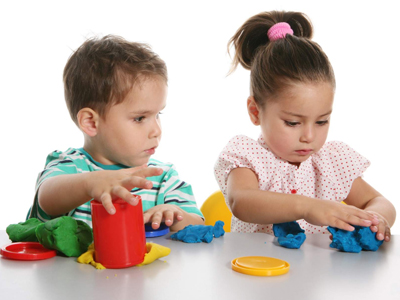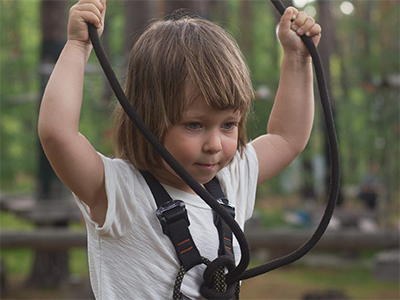Courses
 A Critical Look at Family Child Care Spaces$5.99On-Demand eLearning
A Critical Look at Family Child Care Spaces$5.99On-Demand eLearning ADHD$5.99On-Demand eLearning
ADHD$5.99On-Demand eLearning Advocating for Early Childhood Care$5.99On-Demand eLearning
Advocating for Early Childhood Care$5.99On-Demand eLearning Assessing and Implementing a Safe Child Care Environment$5.99On-Demand eLearning
Assessing and Implementing a Safe Child Care Environment$5.99On-Demand eLearning Benefits of Connecting Seniors and Young Children$5.99On-Demand eLearning
Benefits of Connecting Seniors and Young Children$5.99On-Demand eLearning Building Foundations for Language and Literacy Development$5.99On-Demand eLearning
Building Foundations for Language and Literacy Development$5.99On-Demand eLearning Building Your Family Childcare Business-The Interview Process$10.00Online Instructor-Led for Minnesota ProvidersMay 28 6:30-8:30PM
Building Your Family Childcare Business-The Interview Process$10.00Online Instructor-Led for Minnesota ProvidersMay 28 6:30-8:30PM Building Your Team$30On-Demand eLearning
Building Your Team$30On-Demand eLearning Child Care in Mixed-Age Groupings$5.99On-Demand eLearning
Child Care in Mixed-Age Groupings$5.99On-Demand eLearning